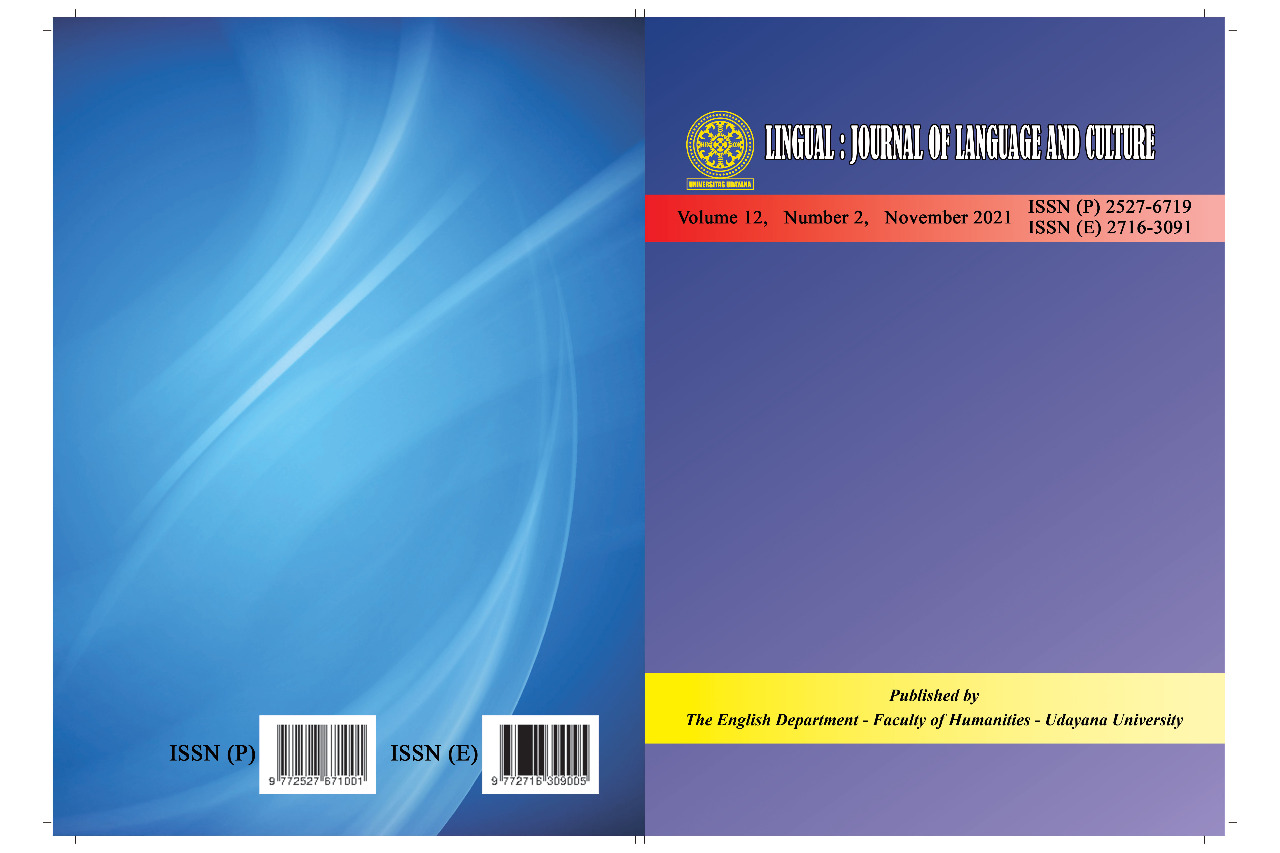Immigration in The Postcolonial Era: Mimicry and Ambivalence in Chimamanda Ngozi Adichie’s The Arrangers of Marriage
Abstract
It is well established that immigration brings about fundamental changes and the immigrant faces significant challenges in the new culture. The present research uses Homi Bhabha’s critical theories of mimicry and ambivalence to determine the effects of ‘state of mimicry’, and to pinpoint the ‘site of identity’ in the immigration experience in Chimamanda Ngozi Adichie’s The Arrangers of Marriage (2009). The results indicate that antagonist’s (Ofodile) ‘state of mimicry’ continuously grows him apart from his wife Chinaza (protagonist) and intensifies gender inequality against her in their relationship. In addition, the results indicate that protagonist’s ‘site of identity’ is fluid and not fixed, and this place-less-ness of identity is because of the never-ending comparison between her past with the present situation she experiences as an immigrant.












